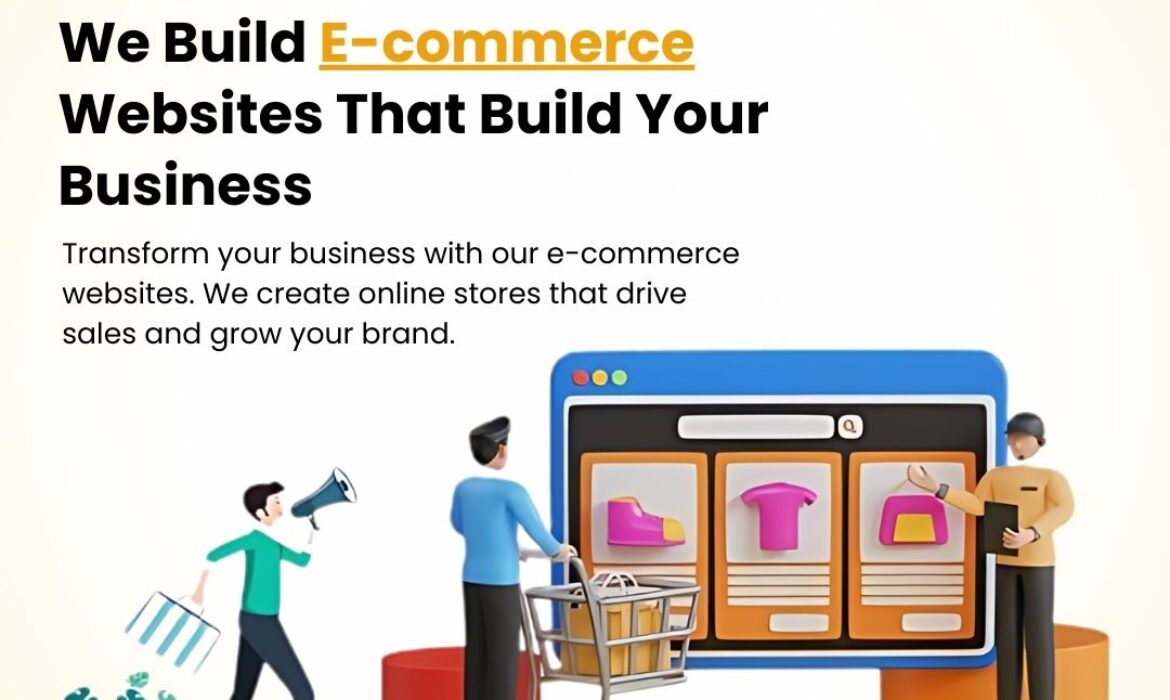In today’s competitive online marketplace, digital marketing plays a pivotal role in the success of e-commerce businesses. From driving traffic to increasing conversions, a well-executed digital marketing strategy can take your online store to new heights. In this post, we’ll explore the top digital marketing strategies that every e-commerce business needs to know.
1. Search Engine Optimization (SEO)
SEO is the foundation of any digital marketing strategy. It ensures that your website ranks higher in search engine results, making it easier for potential customers to find you. To optimize your e-commerce store:
- Conduct keyword research to identify high-traffic keywords.
- Optimize product pages with relevant keywords.
- Use meta tags, alt texts, and SEO-friendly URLs.
- Create high-quality content, such as blogs, to boost organic search visibility.
2. Social Media Marketing
Platforms like Instagram, Facebook, and Pinterest are ideal for promoting products visually. Build a strong social media presence by:
- Posting engaging product photos and videos.
- Collaborating with influencers or running targeted ad campaigns.
- Hosting giveaways and contests to increase brand awareness.
- Utilizing Facebook and Instagram Shops to make shopping easy and integrated.
3. Types of E-commerce Marketing
Learning about digital marketing can be daunting, and I completely understand how overwhelming it can feel—I’ve been in that position too.
In the following sections, we will explore various strategies to effectively market your e-commerce business.
Remember, you don’t have to implement all these strategies at once. Take your time to read through this guide, absorb the information, and then focus on one or two strategies to start with.
Here are the key types of e-commerce marketing we’ll discuss in the upcoming sections:
- paid search
- SEO
- content marketing
- email marketing
- social media for ecommerce
- influencer marketing
4. Optimizing Your E-commerce Business with Search Engine Marketing
Search Engine Marketing (SEM) is a powerful tool that can significantly enhance the visibility and profitability of your e-commerce business. It encompasses various strategies aimed at promoting your online store through paid advertising and optimization techniques on search engines like Google and Bing.
By leveraging SEM, you can target potential customers actively searching for products similar to yours. This approach allows you to reach a highly relevant audience, driving targeted traffic to your website. Key components of SEM include pay-per-click (PPC) advertising, keyword research, ad copy creation, and landing page optimization.
To effectively utilize SEM for your e-commerce business, start by identifying relevant keywords that your target customers are likely to use in their searches. Craft compelling ad copy that highlights your unique selling propositions and directs users to optimized landing pages that encourage conversions.




